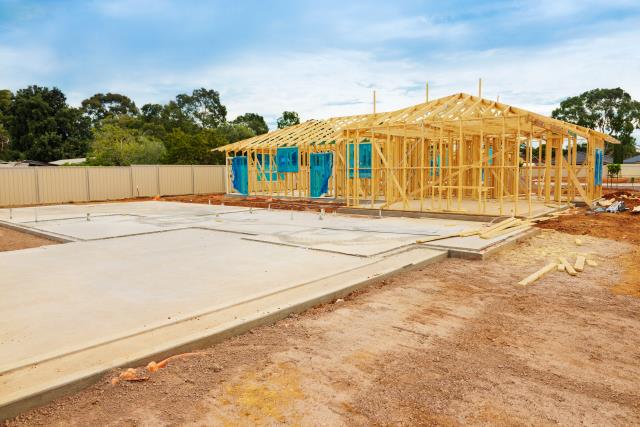Building a home in Queensland is set to become even more challenging in 2023 as the reality of interest rate hikes, soaring costs and regulatory change sets in.
The crippling shortage of tradies and building materials and rising building costs will continue to hamper the delivery of construction projects and prevent new projects from getting underway.
This comes on top of a fall in demand for new housing.
Dwelling approvals dropped 7.2 per cent over the three months to October and loans for new dwellings fell 5.2 per cent over the same period according to the Australian Bureau of Statistics.
Added to the mix, coming in 2023 are substantial changes to the way houses must be built. The National Construction Code changes will further add to the cost of building a house.
Builders have been crying out for a longer transition period to give the industry more time to prepare and give homeowners more time to enter into a contract before the price rises.
Master Builders chief executive officer Paul Bidwell is vehemently calling on the Queensland Government for more time for the industry to implement the changes.
“Other states have provided more time for their local industry to respond. Queenslanders need this too. But the Queensland government refuses to budge,” he said.
“All this at a time when housing supply is in crisis – we need more housing, not less. 2023 is not the time for government to introduce significant costs to the construction of new housing.
“Unless the changes are pushed out at least until 2024, next year will be crunch time for housing in Queensland.”
Building approvals for residential units are down across the state with the exception of the Gold Coast which is still seeing strong approvals for units and Greater Brisbane and Central Queensland which have new detached house approvals moving through.
North Queensland, Sunshine Coast and Downs and Western have each experienced a sharp downturn in approvals over the past three months, with further falls expected.
With interest rates and costs rising, trade shortages continuing and NCC changes coming into effect, it will likely only get worse in the new year.








